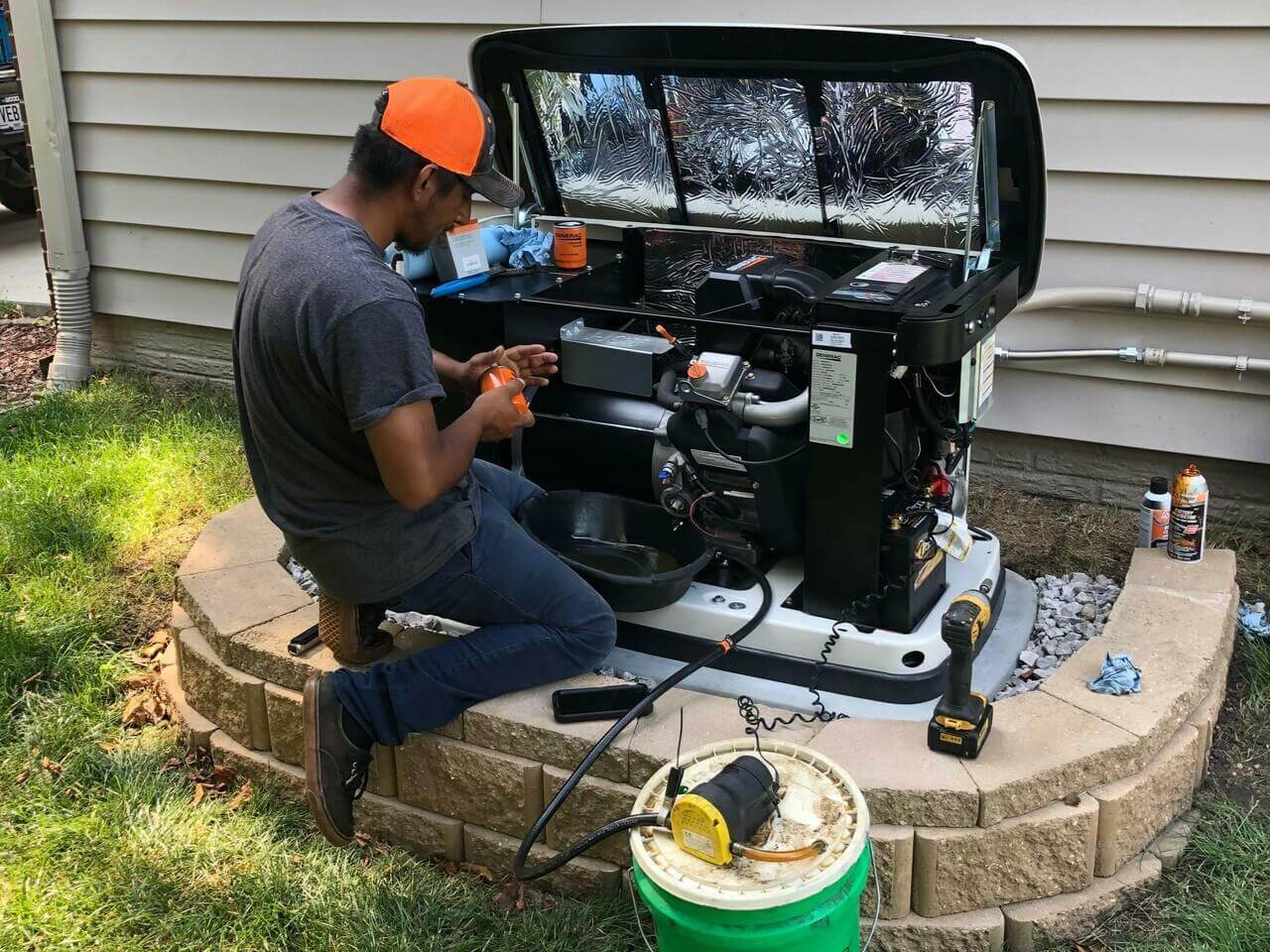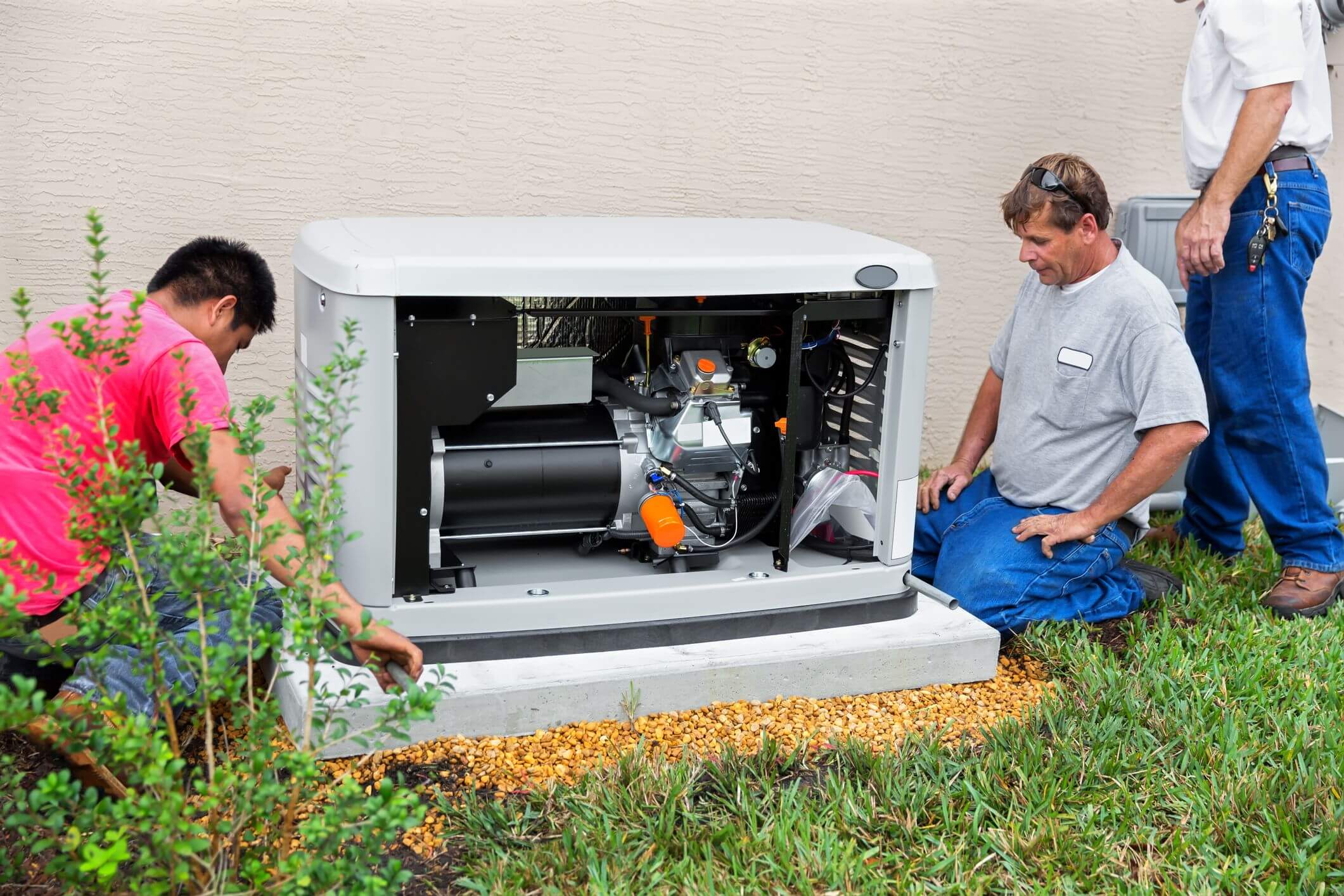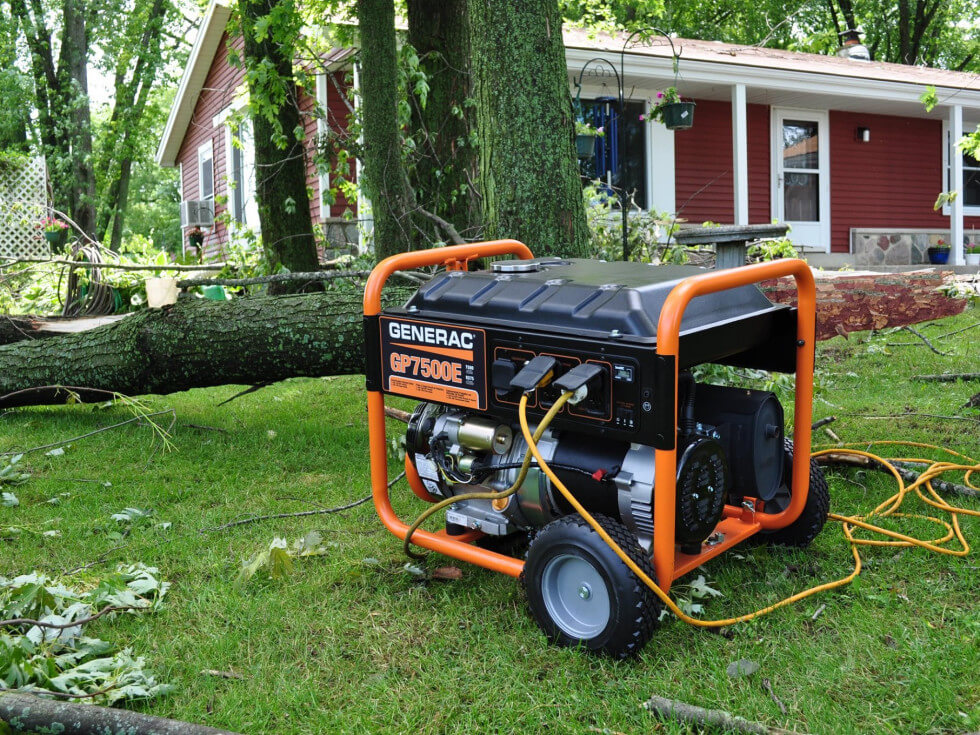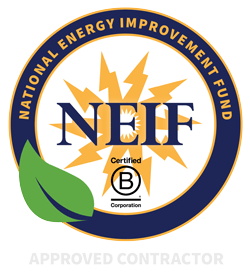Choosing a Generator: What Do I Need to Know
- Generators

Buying a generator can be complicated if you don’t know what you’re looking for, and you run the risk of getting a system that won’t do what you need it to do. Different types of emergency power generators work for different things. With a little research and answers to a couple of questions, you can simplify the process.
Know What Each Generator’s Power is Good For
Although all generators ultimately do the same thing – they create power and can be used in situations where backup electricity systems are necessary – not all generators safely and efficiently power the same items. It also helps to know how they work.
- Home standby generators: These permanently installed systems do weekly self-tests and almost immediately begin to supply power when an outage occurs. This type of unit is good for an entire house, or may be set up to power only specific circuits. It typically has an automatic transfer switch that will transfer power to your home when needed.
- Portable generators: These have a limited run time, based on the available fuel supply (usually unleaded gasoline). These are popular at work sites where power tools are used, and for recreational activities. It is best to use these outdoors so that you reduce the potential of carbon monoxide poisoning. These put out less power than a home standby generator, because most are much smaller.
- Inverter generators: These are best for recreational activities or use by small businesses that need a little extra power. An inverter generator may be paired with an identical generator to boost the power output. There are instances where using a standard generator to run specific items, like a computer or other sensitive equipment , may not be the best idea. You’ll want to get a generator that has automatic voltage regulation (AVR), or use an inverter generator for sensitive items. This type of generator converts AC power to DC power and smooths it out, then invert to AC power that is more stable and safer for sensitive equipment.
Understand the Fueling Needs for Each Style
Depending on the type of generator you’re interested in, you’ll need to understand how each is fueled. Home standby generators are typically powered by natural gas or diesel, while portable generators can be powered by natural gas, propane, diesel, or unleaded gasoline.
Portable generators need refueling with use, because their fuel tanks are smaller, ranging in size from six gallons to 16 gallons. Home standby generators may be connected to the home’s natural gas supply, or may be powered by diesel.
Know How Much Power You Need
You’ll want to calculate your energy requirements and look for a generator that can handle double the amount of power that you need. Here’s how to calculate your energy requirements:
Decide what you want to run with the generator, and how much power those demand. Make a list of the different appliances you’re interested in and find out how many watts of electricity each require. Then your best bet is to multiply that by 1.5 or even 2.
Alternatively, you can use a calculator like the ones that are available on big name generator company sites (like Generac for example).
Decide How You Want To Connect
Different types and sizes of generators connect to appliances and items that you’re looking to power in different ways.
A permanent backup generator is connected directly to the electrical panel in a home, and is the simplest to operate, because it just kicks on when needed.
It’s not so simple with a portable generator, no matter the size of the unit. Depending on the size and power of the unit, they connect to provide power in a home differently. For example, a medium sized portable generator of 1,000 to 5,000 watts connects with extension cords. The cords go directly from the generator to the specific appliance that you’re trying to power.
A large generator, which can power several rooms with its 6,000 to 8,000 watts of power, can connect in two ways. It can connect using either extension cords that go to the appliances, or it can connect to a transfer switch that directs the power to specific units and areas. The extra large portable generator with 10,000 watts of power and beyond can power an entire small home. It does so by connecting via transfer switch.
As you’ve made all of these decisions, you’ve likely been looking at the different machine options and exploring the types of generators available. Now you’ll just have to make your decision and find the right dealer to purchase your new generator.
For More Information on All Things Generator, Call NSHEC Today!
Contact North Shore Home Energy Today!
Check Out Our Current Specials!
Read The Great Things That Your Neighbors Are Saying About NSHEC.








